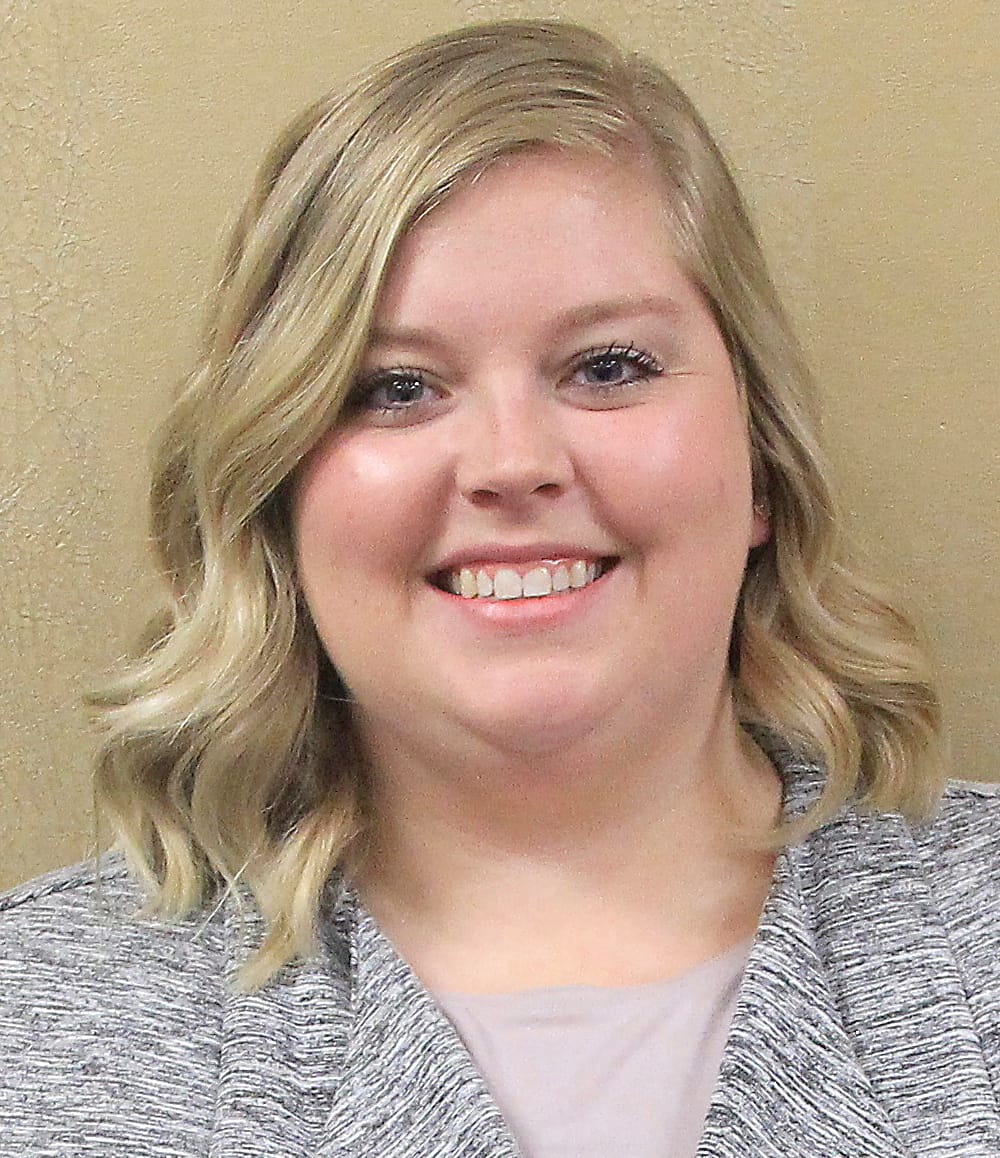Dr. Lee Norman, former Kansas Secretary of Health and Environment, is one more in a long line of political casualties caused by the COVID-19 pandemic.
After nearly two years of leading Kansas through the crisis, Dr. Norman was forced to resign — explaining his removal as a fundamental disagreement about how the state should continue to tackle the pandemic.
The tense relationship between Dr. Norman and the Kelly administration first made headlines over the summer when Norman made it clear that he is a healthcare professional, not a politician, and refused to avoid discussing sensitive political topics when they contradicted scientific knowledge.
For better or worse, political convictions are at the forefront of governments’ responses to COVID-19.
The pandemic has undeniably exacerbated political polarization and further exposed our vulnerability to systemic inequalities. While much of this divide has certainly been partisan, it has also unveiled intra-party divides.
Kelly, along with every other elected official in the state, is a “single-minded seeker of re-election” — a phrase coined by the political scientist David Mayhew to describe the primary motivations of members of Congress.
Approval ratings are a key measure of re-election chances.
Kansas Speaks, a statewide public opinion survey conducted by the Docking Institute of Public Affairs at Fort Hays State University, measured Governor Kelly’s approval rating on her administration’s pandemic response in October 2020. The survey found that 47.5% of Kansans approved of the governor’s response, while 30.5% disapproved. The margin of error was 4.8%.
Kelly’s general job approval rating, according to a recent poll conducted by Morning Consult, is 54% — with a margin of error of 4%.
The longer the pandemic continues, especially in light of the Omicron variant and potential resulting social restrictions, the more likely it is that Kelly’s pandemic approval rating will drop before the 2022 election — people are understandably tired of the major disruption to their lives.
Her re-election prospects largely explain why Kelly has gone out of her way to dispute Biden’s vaccination mandates and has rebuffed Democrats in the state legislature by signing a law that makes it easier for workers to get religious and moral exemptions to vaccine requirements.
All elected officials must care about their re-election chances, so while firing Dr. Norman and weakening vaccination requirements is unsurprising, it is exceedingly disappointing.
These incidents are indicative of a much larger problem. From the very beginning, the pandemic was politicized by national, state and local officials. But SARS-CoV-2 — the official name for the deadly virus — doesn’t care about politics.
It doesn’t discriminate based on partisanship. It is wholly unaffected by elections.
So why then do we continue to allow politics to drive public health responses?
Many public health officials, including Dr. Norman, have consistently been told to “stay in your lane” when it comes to pandemic policy — directive that defies logic considering such officials are the experts on public health and policies that can end this pandemic.







